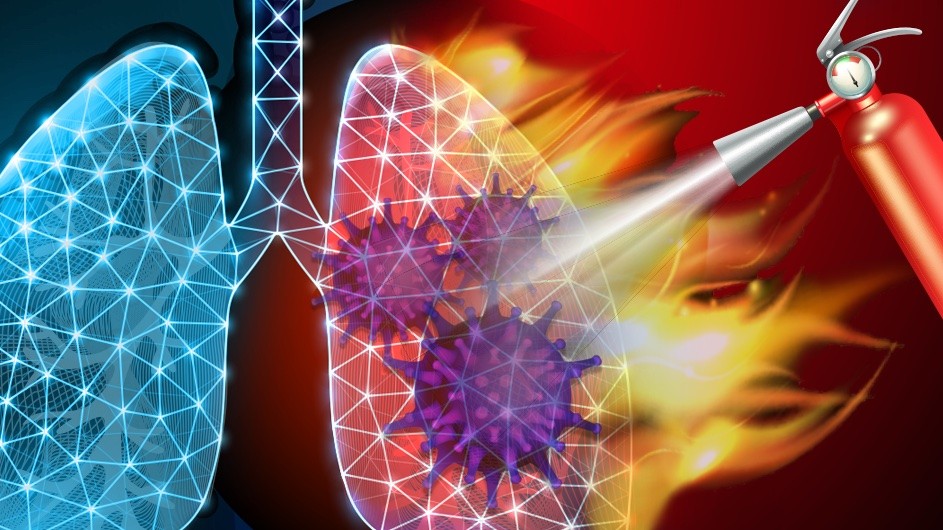
New research shows that ferroptosis, a form of cell death, occurs in severe COVID-19 patient lungs. Stopping it improves outcomes. In some severe cases of COVID-19, the lungs undergo extreme damage, resulting in a range of life-threatening conditions like pneumonia, inflammation, and acute respiratory distress syndrome. The root cause of those wide-ranging reactions in the lungs has until now remained unclear.
A new study by researchers at Columbia and the Columbia University Irving Medical Center sheds l...
Read More









Recent Comments